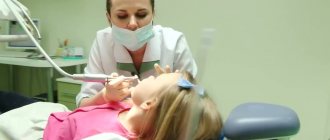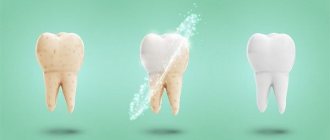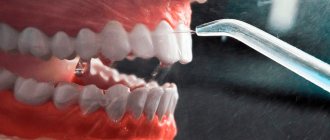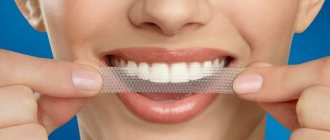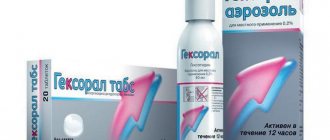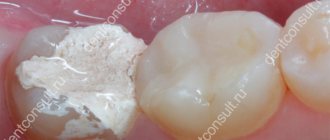Atrophic vulvovaginitis most often occurs during menopause, when the amount of estrogen in a woman's blood decreases. It represents insufficient nutrition of the tissues of the vulva and vagina and their gradual atrophy. Many women do not even suspect that they have such a disease; they only feel dryness and itching in the perineum and inside. Specialists at the Other Gynecology clinic will conduct a thorough diagnosis of atrophic vulvovaginitis and select effective therapy taking into account the patient’s age.
Symptoms
Women with this pathology often suffer from severe dryness in the perineum. Some people think that this is an inflammatory process and take antimicrobial agents, which worsens their condition. In addition to itching, signs of atrophic vulvovaginitis are:
- Bladder problems – incontinence, frequent or painful urination;
- pain during sexual intercourse;
- white coating on the mucous membrane;
- bleeding from the vagina.
If treatment is not started on time, most patients develop nonspecific colpitis. It causes symptoms of an inflammatory process - purulent discharge, inflammation of the vulva and vagina, pain when urinating.
Diagnostics
When visiting a gynecologist, a woman undergoes a standard gynecological examination in a chair. The doctor takes a smear to analyze the cytological composition of the vagina and the alkaline environment. For a detailed examination, a colposcopy is performed - during which the gynecologist examines the vaginal walls at multiple magnification and reveals the degree of damage.
Since older women are susceptible to developing cancer, the doctor takes a smear for atypical cells. Therapy is usually started before test results arrive, and then treatment is adjusted based on them.
Treatment
The main treatment is aimed at restoring hormonal balance and maintaining sufficient concentrations of estrogen in the blood. Atrophic vulvovaginitis is usually one of the signs of menopause and is accompanied by additional pathologies, so therapy is prescribed in a comprehensive manner:
- Hormonal drugs. In addition to eliminating hormonal imbalances, they help normalize the alkaline environment of the vagina and activate the growth of new cells.
- Non-hormonal topical drugs. Tablets, creams and suppositories accelerate tissue restoration, maintain their elasticity and water balance. In addition, medications relieve itching and burning, increase resistance to infections and increase tissue tone.
- Antibiotics in the form of tablets and suppositories. They are used exclusively when an infectious process joins an existing pathology.
Drug therapy lasts from 1 to 3 months. For greatest effectiveness, doctors prescribe a combination of general and local drugs. To avoid atrophic vulvovaginitis, you should maintain intimate hygiene, avoid hypothermia and regularly visit a gynecologist.

